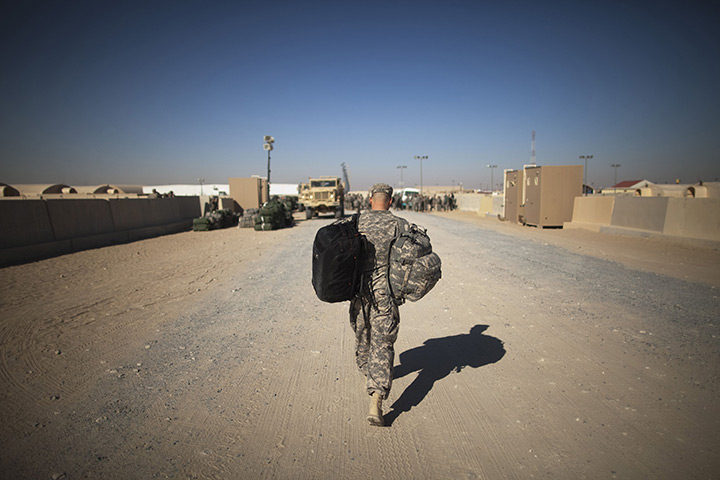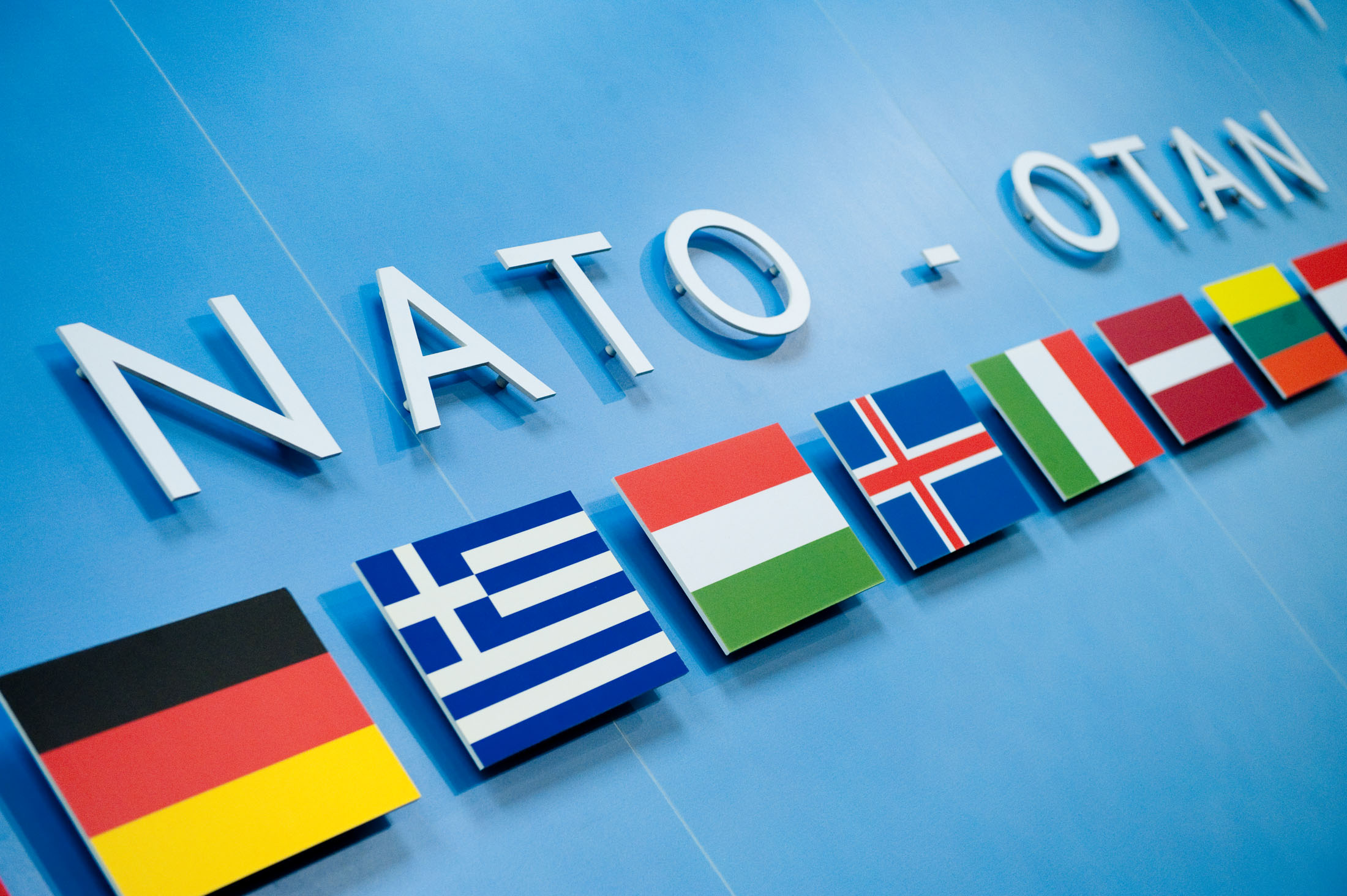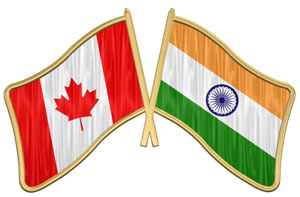From 16th to 19th century sailing ships were the backbone of warfare. “Powder monkeys”, young boys who ferried gunpowder from the powder magazine to the artillery pieces had a supporting, though critical role in their operations. When the US unveiled it’s “leading from behind policy” in 2011, it claimed the role of the “powder monkey” in respect to the security threats in the global arena. In consequence, NATO could be burdened with a heavier role in the current global security issues and its members could be forced to open their wallets wider.
Is there a Leadership Vacuum?
NATO’s operation in Libya showed how the Alliance could respond rapidly and share the burden of an intervention. The US participation in the past has been regarded as critical and in some cases indispensable. However, the NATO operation proved that the US would no longer have to be the “lone ranger.” Other nations could contribute more in combat operations. France and the United Kingdom flew over 40% of the sorties, Italy and Greece provided aircrafts for reconnaissance missions and greater access to air bases and a host of other nations deployed fighters for combat operations. Ultimately, NATO’s mission in Libya illustrated what the Alliance could be: a genuine partnership that promotes stability in conflict regions.
Despite its success NATO is not looking to expand its role in global security issues, particularly in the case of Syrian crisis. At the 30th International Workshop on Global Security in Paris, NATO Deputy Secretary General Alexander Vershbow stated that NATO has no plans to get involved beyond the steps that have already been taken to protect Turkey. This is as far as NATO’s mandate goes, unless the UN asks it to do more. This lack of mandate for NATO as an organization, does not prevent individual NATO countries, alone or with other NATO member countries, from taking on a role in helping Syria to get back on its feet after the fighting is over, as President Barack Obama has been nudging some member nations to do.
In particular, Washington looks to Berlin. Obama made this clear when he spoke to Berliners on June 19 at the Brandenburg gate that “our work is not yet done.” In his speech Obama insisted on the need for a stronger transatlantic community committed to tackling international issues. With the U.K distancing itself from the EU and France and Italy struggling with the Euro crisis, the US has marked Germany as the default leader of Europe. As Germany has illustrated, however, economic strength does not guarantee a greater or more assertive role in international affairs. Germany’s absence in the Libya operation showed that it is reluctant to lead even in collaborative partnerships.
Calls for Members to Pull Their Weight
Burden sharing is an old issue that continues to plague NATO’s operations. Ivo Daalder U.S. Permanent Representative on the Council of the North Atlantic Treaty Organization explained that the US accounts for 75% of NATO defense spending as a result of years of slashed spending by its European allies. Today this reality is more than just frustrating; it is dangerous. Daalder has warned that NATO’s ability to confront issues of international security is threatened. “European Allies are hollowing out their militaries, jettisoning capabilities, and failing to spend their existing budgets wisely. As a result, the gap between American and European contributions to the Alliance is widening to an unsustainable level,” Daalder said. With the US focusing on Asia and their own domestic fiscal challenges, it is urging Europe to step up to the plate and make their military commitment to NATO meaningful.
Unfortunately, the allegations that European NATO members fall into two categories, the unable or unwilling, rings true. In his speech Daalder applauded France for its new White Paper on Defense and Security, which was released in May of this year. The ‘Livre Blanc,’ Daalder explained, addresses the challenges facing France and suggests realistic targets. What Daalder failed to mention however, was that the core defense budget would remain unchanged at €31.4 billion and reduced to 1.5% of GDP. France will not meet the 2% threshold expected for NATO members.
Across the Channel, the United Kingdom is also reviewing and cutting its national spending. This week, UK Chancellor of the Exchequer George Osbourne revealed that aside from cuts to the civilian staff, the defense ministry has been spared. Recall however that earlier this month it was announced that there would be personnel cuts in the RAF and Army. The U.K and France have the second and third largest defense budgets in NATO after the US. With these projected cuts on the horizon it appears that European NATO members refuse to accept or plan for the retraction of the US security blanket covering the continent.
Our world is becoming increasingly economically, socially and culturally integrated. It is nearly impossible to isolate the effects of security issues to one region. It has a ripple effect. Recognizing this, multilateral organizations like NATO were formed with the understanding that only an internationally coordinated and cooperative response could ensure peace through security. For the organization to be meaningful and successful it needs to operate as it was designed to with everyone contributing an agreed-upon amount.




